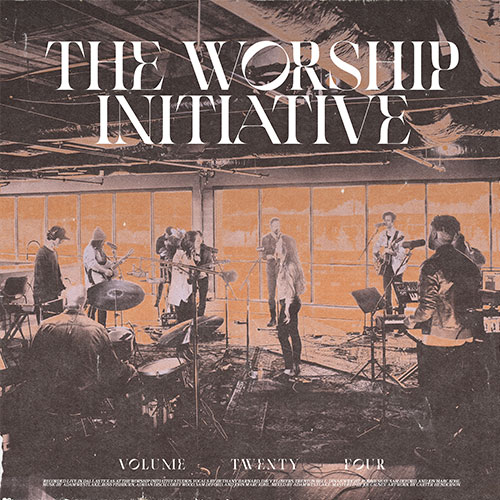
Pat Barrett
Hymn of the Holy Spirit
Hymn of the Holy Spirit
All who are led by the Spirit of God are sons of God. (Romans 8:14)
To be a Christian is to be led, or guided, by the Holy Spirit. “All who are led by the Spirit of God are sons of God” (Romans 8:14). If the Spirit leads us, we belong to Christ; if the Spirit does not lead us, we do not belong to Christ (Romans 8:9).
Speaking this way may confuse Christians who associate the Spirit’s leading with prophecy, impressions, or a subjective sense of guidance. The Spirit may lead Christians through these avenues, but strictly speaking, they are not what Scripture means by the phrase “led by the Spirit.”
Romans 8:14 is the only place, in fact, where we find this language about the Spirit’s leading — and it refers not to future guidance, but to present holiness:
If you live according to the flesh you will die, but if by the Spirit you put to death the deeds of the body, you will live. For all who are led by the Spirit of God are sons of God. (Romans 8:13–14)
To be led by the Spirit is to grow in Christlikeness through the twin means of killing sin and living to God. Such conformity to Christ is the Holy Spirit’s passion and purpose. Now, how does he do it? In large part, by guiding our vision, our hearing, and our speaking.
Guide My Vision
The mission of the Holy Spirit can be summed up in four simple words from the mouth of Jesus: “He will glorify me” (John 16:14). The Spirit comes to guide our vision by showing us Christ, much like a floodlight illuminates a building or billboard. As J.I. Packer writes,
It is as if the Spirit stands behind us, throwing light over our shoulder, on Jesus, who stands facing us. The Spirit’s message is never, “Look at me; listen to me; come to me; get to know me,” but always, “Look at him, and see his glory.” (Keeping in Step with the Spirit, 57)
We will know how much we are led by the Spirit, then, by how much we think of Jesus. We are led by him only insofar as we, “with unveiled face, [behold] the glory of the Lord. . . . For this comes from the Lord who is the Spirit” (2 Corinthians 3:18).
So when we pray, “Holy Spirit, guide my vision,” we are really asking, “Holy Spirit, show me Jesus.”
Guide My Hearing
When the Spirit guides our vision, he does not guide our physical eyes, but rather what Paul calls “the eyes of your hearts” (Ephesians 1:18). Our vision is an internal, spiritual sight of Christ, brought to us through the word that the Spirit inspired to this end (2 Peter 1:16–21). In other words, the Spirit opens our eyes to see the glory of Christ by opening our ears to hear the word of Christ. We see by hearing.
To be led by the Spirit, then, is to be a faithful listener. We say with the servant in Isaiah, “Morning by morning he awakens; he awakens my ear to hear as those who are taught” (Isaiah 50:4). Our souls, once awash with a thousand noises, hush as the word of God comes to us, and as our hearts, like Lydia’s, are opened to hear (Acts 16:14).
The Spirit who once turned chaos into order now turns worry into peace, fear into confidence, insecurity into assurance, and proud unbelief into childlike faith — all as he unfolds before us the wonderful “word of Christ” (Romans 10:17).
Guide My Speaking
Once the Spirit has unstopped our ears and opened our eyes, he unlooses our tongues as well. The Spirit cares deeply about our words. Paul’s warning not to “grieve the Holy Spirit of God” comes directly after a command to “let no corrupting talk come out of your mouths” (Ephesians 4:29–30).
Half a chapter later, Paul describes the alternative:
Be filled with the Spirit, addressing one another in psalms and hymns and spiritual songs, singing and making melody to the Lord with your heart, giving thanks always and for everything to God the Father in the name of our Lord Jesus Christ. (Ephesians 5:18–20)
What does our speech sound like when we are filled, and therefore led, by the Spirit? It sounds like songs of praise and words of thanks. Grumbling and gossip wither. Anger and sarcasm die. And in their place, we sing and talk in the cadences of the coming kingdom.
William Tyndale, the sixteenth-century Bible translator, once wrote, “Where the Spirit is, there it is always summer, [for there] there are always good fruits, that is to say, good works” (Delighting in the Trinity, 91). And many of those good works are good words — words we can’t help but speaking after we’ve heard and seen the goodness of Christ.